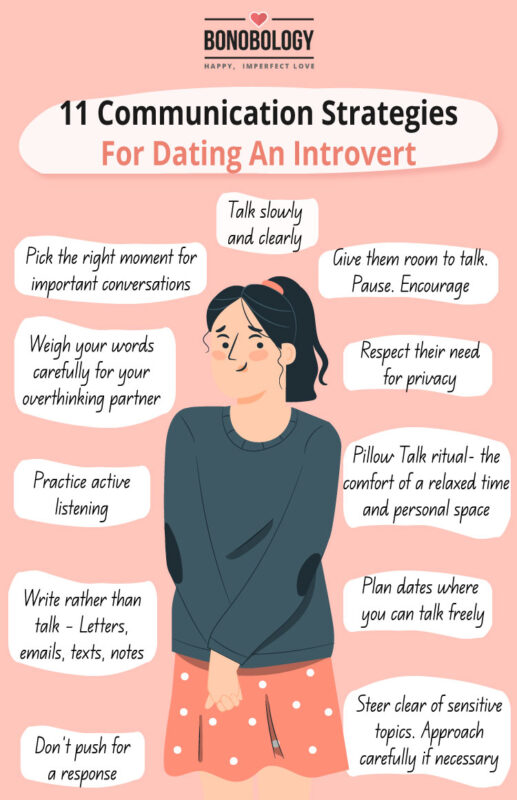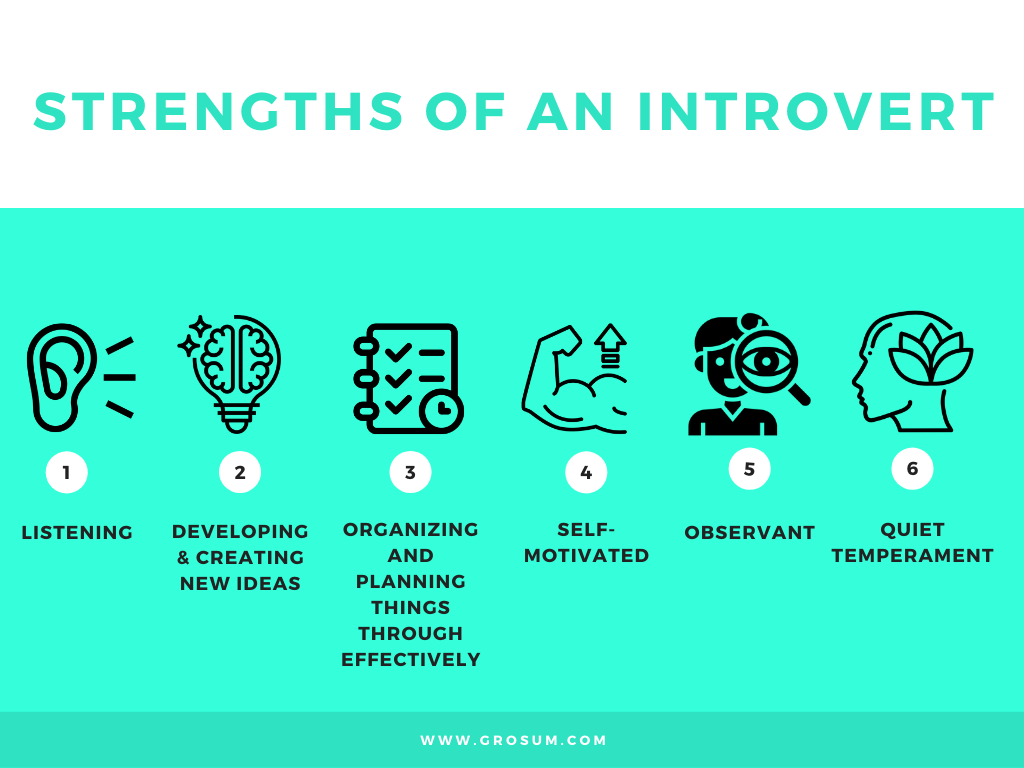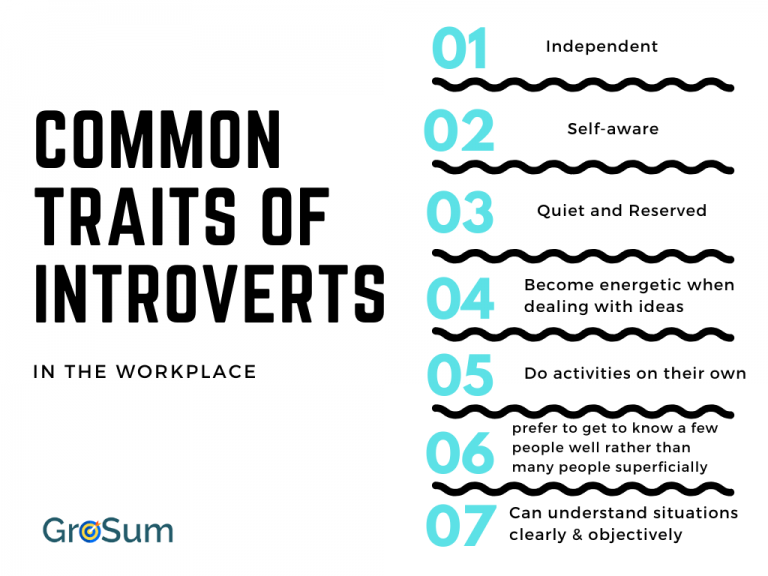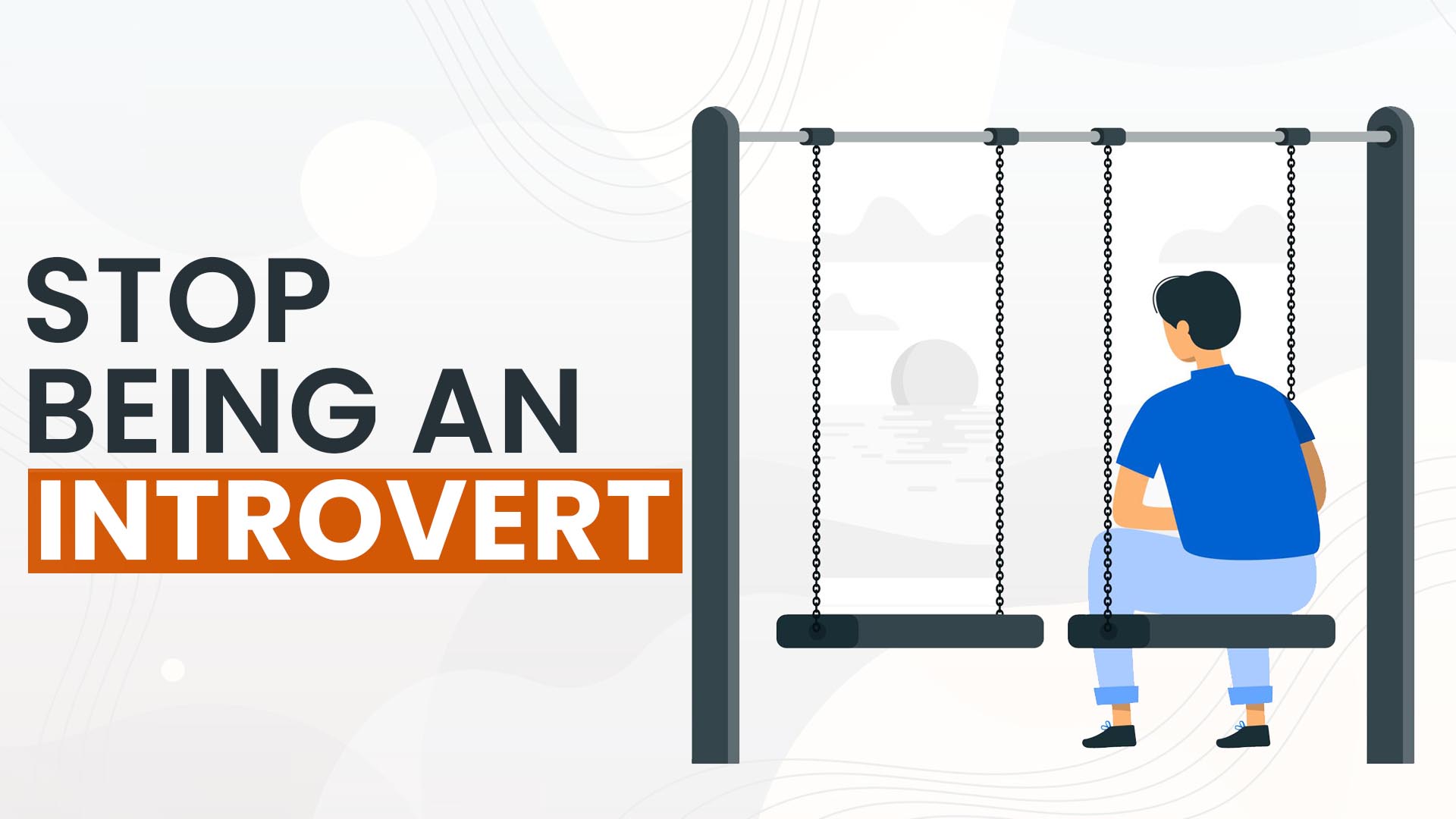How To Deal With Being An Introvert
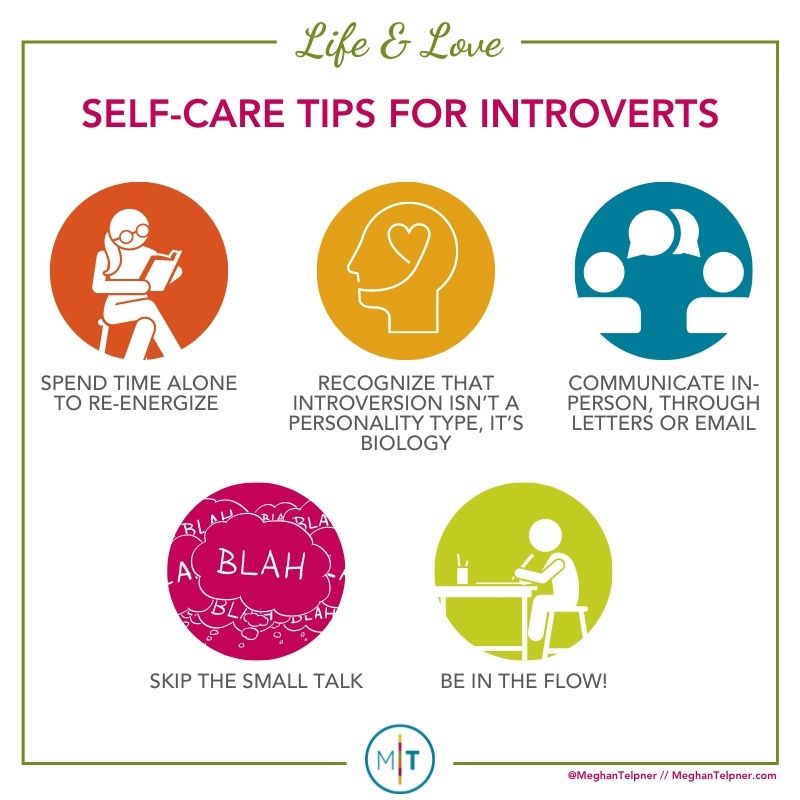
Feeling drained by social interactions? You're not alone. Many introverts struggle to navigate a world often geared towards extroverted personalities.
This article provides essential strategies for introverts to thrive, balancing their need for solitude with the demands of social and professional life. We'll explore practical techniques for managing energy, setting boundaries, and leveraging introverted strengths.
Understanding Introversion
Introversion, according to Carl Jung, isn't shyness. Instead, it's a preference for focusing on internal thoughts and feelings. Psychology Today notes introverts recharge through solitary activities, unlike extroverts who gain energy from social interaction.
Recognizing this difference is the first step to self-acceptance and effective self-management.
Managing Energy & Avoiding Burnout
Social events can quickly deplete an introvert's energy reserves. Preemptive strategies are key to preventing burnout.
Schedule downtime before and after social engagements. This allows you to recharge and avoid feeling overwhelmed.
Plan escapes during events. Step outside for fresh air, find a quiet corner, or visit the restroom for a moment of solitude.
Setting Boundaries
Learning to say "no" is crucial for introverts. It protects your time and energy.
Practice polite but firm refusals. "Thank you for the invitation, but I'm unavailable," is a simple and effective response. Don't over-explain!
Be realistic about your limitations. Don't overcommit to social obligations.
Leveraging Introverted Strengths
Introverts possess unique strengths that are highly valuable in many contexts.
Embrace your listening skills. Introverts are often excellent listeners, making them effective communicators and problem-solvers.
Cultivate your analytical abilities. Introverts often excel in fields that require deep thinking and careful analysis.
Use your preference for solitude to your advantage. Dedicate time to creative pursuits, self-reflection, and personal growth.
Communication Strategies
Navigating social interactions can be easier with a few communication techniques.
Prepare conversation starters in advance. This can reduce anxiety and make interactions smoother.
Focus on one-on-one conversations rather than large group settings. The interactions will feel less overwhelming.
Don't be afraid of silence. It's okay to pause and gather your thoughts before responding.
Finding Support
Connecting with other introverts can provide validation and support.
Seek out online communities and forums where you can share experiences and advice. Introvert, Dear is one example of a website dedicated to introvert issues.
Consider joining a book club or a hobby group focused on activities you enjoy.
Professional Life
The workplace can be a challenging environment for introverts, but success is absolutely achievable.
Communicate your needs to your supervisor. Let them know your preferred work style and how you best contribute.
Request opportunities for independent work and projects. This allows you to leverage your strengths.
Take advantage of flexible work arrangements, such as remote work, if available.
Next Steps
Start implementing these strategies gradually. Experiment and find what works best for you.
Remember, self-care is essential. Prioritize activities that replenish your energy and promote well-being.
Continually learn and adapt. Understanding your introversion is a lifelong journey of self-discovery.
